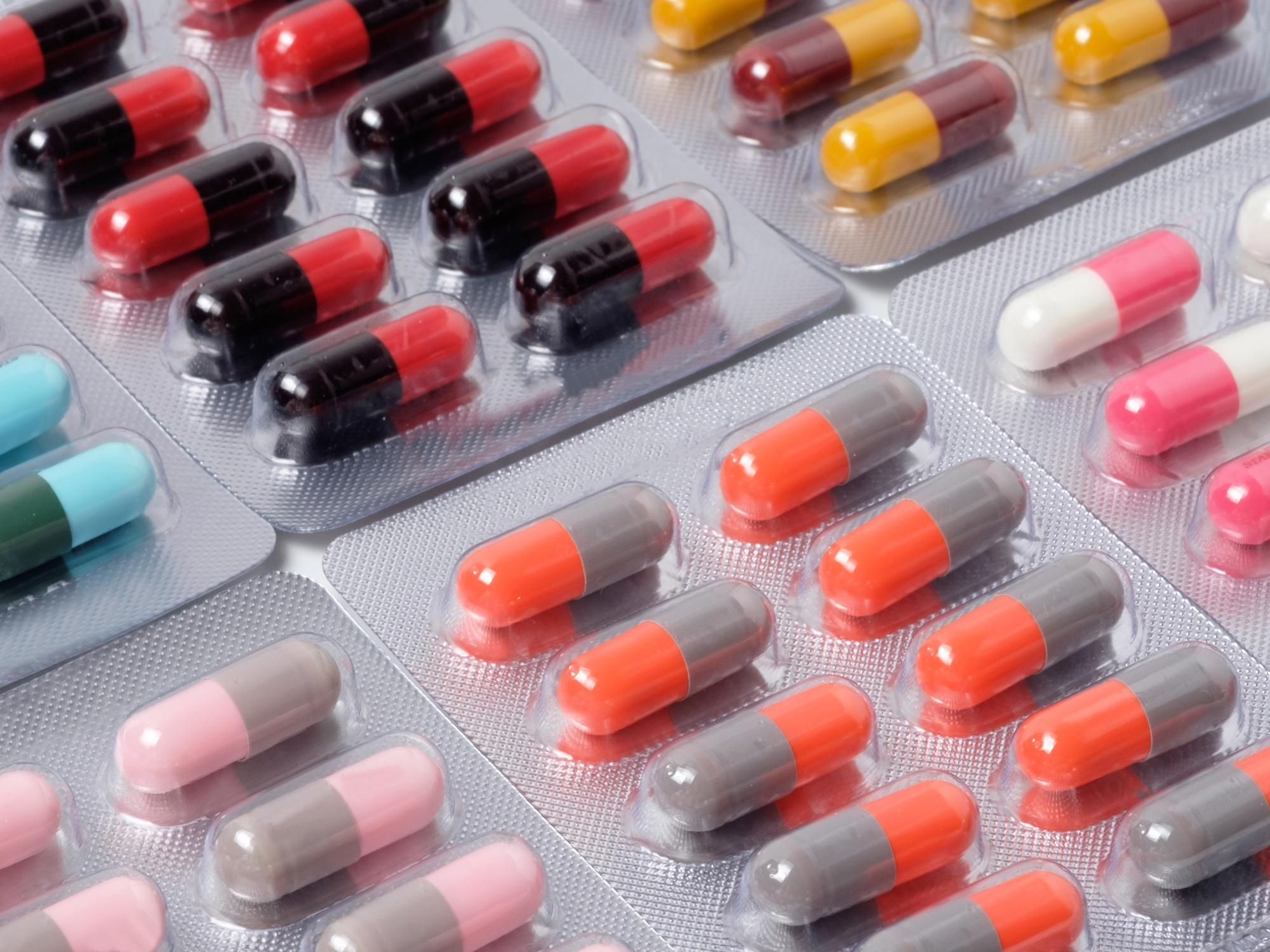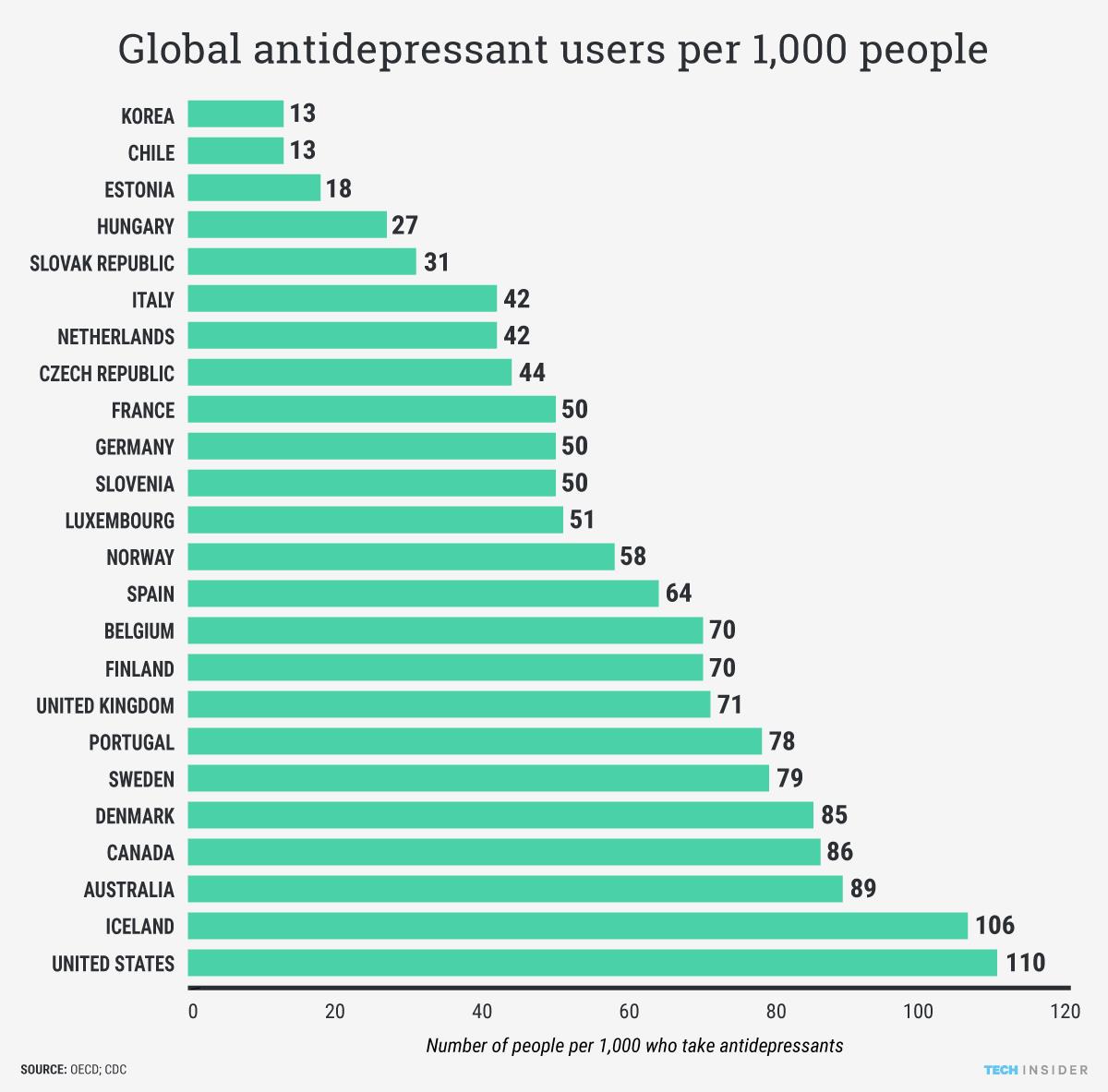Get Easy Health Digest™ in your inbox and don’t miss a thing when you subscribe today. Plus, get the free bonus report, Mother Nature’s Tips, Tricks and Remedies for Cholesterol, Blood Pressure & Blood Sugar as my way of saying welcome to the community!
3 common meds that increase your stroke risk

A stroke hits when either oxygen or nutrients carried to the brain are blocked.
This usually occurs due to blood clots or ruptures.
And since the brain is starved of oxygen or nutrients, brain cells actually die, which is why people can end up with disabilities of varying degrees. And of course, if too many brain cells starve, death is the unfortunate consequence.
In fact, stroke causes almost 130,000 deaths in the US each year and it’s the leading cause of disability — striking someone in the U.S. every 40 seconds.
While most people know that stroke is a serious issue, what is less known is that some commonly prescribed medications can increase your risk of stroke anywhere from 25 percent on up to almost 80 percent…
Proton pump inhibitors
Millions of Americans are prescribed proton pump inhibitors (PPIs) to treat two common health problems — acid reflux and heartburn. Not only are PPIs commonly prescribed, they are also available over the counter, which makes their use even more common.
Because of their popularity, researchers from the Danish Heart Foundation wanted to explore if PPIs increased risk of stroke. According to their findings, taking PPIs increases risk of stroke by 21 percent. And for certain types of PPIs taken at higher doses, the risk of stroke increases up to a whopping 79 percent!
But what are your options?
Instead of reaching for these meds, Dr. Michael Cutler suggests safer, natural remedies for some of the most common causes of heartburn. And Dr. Mark Wiley offers advice about dealing with acid reflux naturally that won’t put you on death’s door.
NSAIDS and cyclooxygenase-2 inhibitors
Researchers have shown that non-steroidal anti-inflammatory drugs (NSAIDS) such as ibuprofen, and cyclooxygenase-2 inhibitors such as Bextra, Vioxx and Celebrex, may reduce pain but lead to more fluid retention. And with increased fluid retention there is often a more turbulent blood flow pattern throughout the body.
As a consequence of this turbulence, dysfunction can occur in the blood vessels and arteries, which may lead to increased risk of heart attack and stroke.
While the exact statistics for stroke are not yet determined, the statistics show that ibuprofen increases risk of heart attack by as much as 31 percent.
The connection between NSAIDS, heart disease and stroke has triggered an increasing concern that saw the FDA issue higher regulations on NSAIDs product labels.
One of the best tools at your disposal for reducing inflammation is focusing on your diet. Eliminate processed and packaged foods and high amounts of sugar. Instead, consume a wide range of anti-inflammatory foods. You could also consider adding pain-relieving herbs with every meal.
Selective serotonin reuptake inhibitors (SSRIs)
The use of antidepressants worldwide is astronomical, with the U.S. leading the race.

Image courtesy of Skye Gould / Tech Insider
While there are a few different types of antidepressant medications, SSRIs have been linked to increased risk of stroke by as much as 25 percent.
Interestingly, antidepressant medications are not nearly as effective as they are made out to be. So instead of using pharmaceuticals, you might consider proven natural alternatives to antidepressants.
Related: Reverse blood pressure meds’ huge stroke risk
Editor’s note: What do you really know about stroke? The truth is, only 10% of stroke survivors recover almost completely, and all doctors can offer is what to do after a stroke occurs. That’s unacceptable considering 80% of strokes are preventable! Click here to discover how to escape The Stroke Syndrome: 5 Signs it’s Stalking You — Plus the Hidden Causes and Preventive Measures You’ve Never Heard About!
Sources:
- Impact of stroke — (2017). StrokeAssociation.org. Retrieved 13 July, 2017.
- Popular heartburn medications linked to higher risk of stroke — Ben Tinker. (2017). CNN. Retrieved 14 July, 2017.
- Blankfield RP. Calculated effect of fluid retention upon velocity of blood flow and turbulence: Implications for atherosclerosis. — Clinical Hemorheology and Microcirculation. 2011;47(2):79-86.
- SSRI Use Tied to Risk of Intracranial Hemorrhage — Linda Peckel. (2016). Neurology Advisor. Retrieved 13 July, 2017.
- Common painkillers increase risk of heart attack by one-third — Fiza Pirani. (2017). Ajc. Retrieved 13 July, 2017.
- Why drugs increase risk of heart attack and stroke — (2017). ScienceDaily. Retrieved 13 July, 2017.
- Cox-2 inhibitors — (2017). Drugs.com. Retrieved 13 July, 2017.
- Renoux C, et al. Association of selective serotonin reuptake inhibitors with risk for spontaneous intracranial hemorrhage. — JAMA Neurol. 2016.
- Something startling is going on with antidepressant use around the world — Lauren Friedman. (2017). Business Insider. Retrieved 13 July, 2017.












